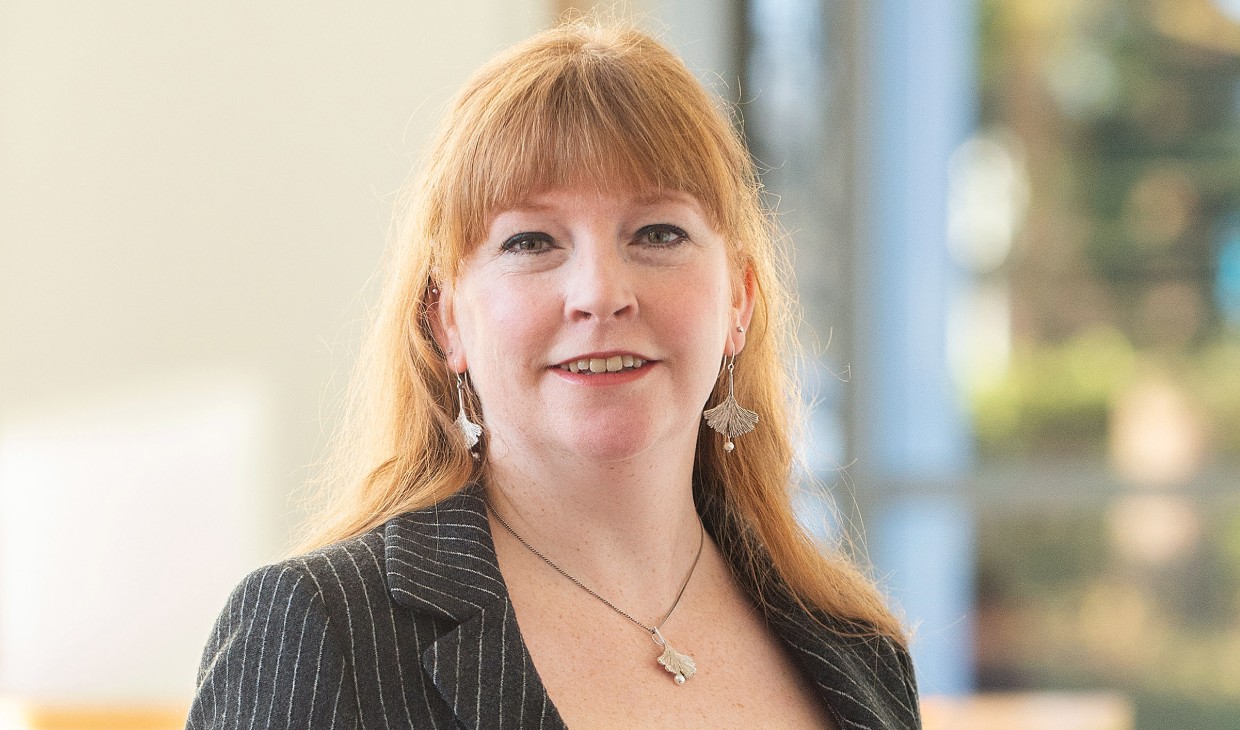COVID-19 study: Impact of social distancing on older adults
The impact of the COVID-19 pandemic on social contact, loneliness, wellbeing and physical activity in older adults will be the focus of a new University of Stirling study.
/filters:format(webp)/filters:no_upscale()/prod01/cdn/media/stirling/news/news-centre/2020/may/olderlady-1920X689.jpg)
The impact of the COVID-19 pandemic on social contact, loneliness, wellbeing and physical activity in older adults will be the focus of a new University of Stirling study.
The project – funded under the Scottish Government’s Rapid Research in COVID-19 programme – will provide a crucial understanding of the negative impacts of social distancing in over 70s and explore strategies that could enhance social engagement and physical activity during the crisis.
Led by Professor Anna Whittaker, of the Faculty of Health Sciences and Sport, the research will also seek to identify any positive impacts to emerge from the current situation – for example, considering whether the use of technology, such as video conferencing, has increased within this group.
Professor Whittaker, an expert in Behavioural Medicine, said: “We are really excited to start this project and believe our research will help inform the COVID-19 response – not only here in Scotland and across the UK, but worldwide too.
“We will investigate concerns that social distancing may cause – or exacerbate – feelings of loneliness in older people and adversely impact their wellbeing and physical activity levels. However, we’re also aware that many in this group have adopted new approaches to cope with the current situation – and will consider any positive impacts derived from this.”

Professor Anna Whittaker is leading the new study.
As part of the lockdown measures, people across Scotland – and the wider UK – are asked to stay at home, except for very limited purposes; certain businesses and venues have closed; and public gatherings of more than two people have been restricted. In addition, people over 70 and those who have high risk and underlying health conditions are being strongly advised to stay at home as much as possible, and significantly reduce unnecessary social contact.
Previous cross-sectional and longitudinal studies have demonstrated that social isolation can have serious health implications – ranging from mental health issues to, in some cases, mortality.
“This is a key issue for older people in normal circumstances,” explained Professor Whittaker. “The current social distancing rules will have greatest impact on the older population and other vulnerable groups, who already report high loneliness, and it could become a major problem.”
Survey
Professor Whittaker’s team will primarily focus on over 70s in Scotland – but are also keen to speak to other adults who are typically physically active and those who are at risk of social isolation generally, as well as at this time – for example, those with intellectual or cognitive disabilities, and carers.
Participants will be asked to complete an online survey (or via phone if online is not possible) – which will seek to understand how people are using new strategies to remain socially and physically active. It will ask whether social distancing has reduced social contact, increased loneliness, reduced wellbeing, and affected physical activity engagement, compared to before the pandemic. It will also request details of any novel social and physical activity strategies people are engaging with to overcome the effects of social distancing – and consider whether they are effective.
Recommendations
Professor Whittaker, Head of the Stirling Physical Activity Research, Knowledge and Learning Exchange (SPARKLE), said: “This study will make recommendations on policy and practice, and inform the creation of resources, that will help minimise the negative impact of social distancing and increase the potential for positive change.”
The research team – comprising health, social and sports psychologists; sports scientists; gerontologists; and statisticians – includes: Dr Simone Tomaz, Dr Louise McCabe, Dr Karen Watchman, Dr Federico Andreis, Dr Pete Coffee, Dr Jenni Connelly, Dr Gemma Ryde, and Dr Andrew Kirkland.
The University of Stirling is leading 10 major projects investigating the impact of COVID-19 pandemic after receiving almost £500,000 in Scottish Government funding.
